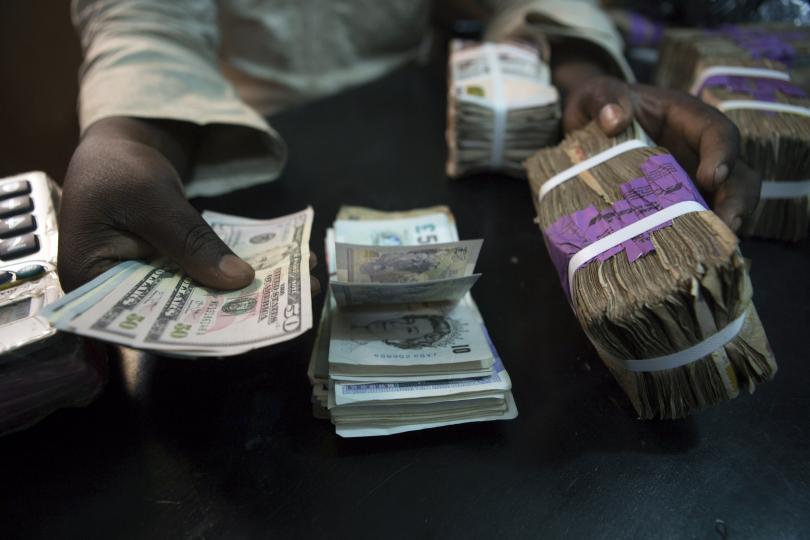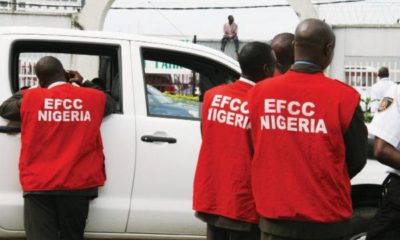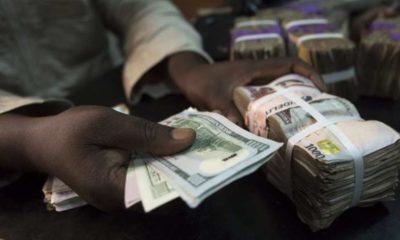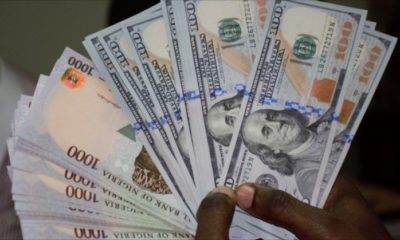In a move that underscores growing tensions between the Central Bank of Nigeria (CBN) and the Association of Bureau De Change Operators of Nigeria (ABCON), the latter has vehemently demanded the reversal of the new capital requirements set forth by the apex bank.
The CBN recently issued fresh guidelines for the operations of Bureau De Change (BDC) operators, introducing two new categories of licenses with significantly higher capital bases.
The Tier 1 category necessitates a minimum capital requirement of N2 billion, alongside non-refundable application and license fees of N1 million and N5 million, respectively.
Similarly, Tier 2 BDCs are mandated to maintain a minimum capital base of N500 million, with corresponding fees.
This move by the CBN has elicited strong opposition from BDC operators, who argue that the new requirements pose a significant threat to their businesses.
During a virtual meeting themed “New CBN Regulatory & Supervisory Reforms for BDCs: Challenges and Way Forward,” the association presented recommendations aimed at addressing their concerns.
ABCON President, Aminu Gwadebe, emphasized the urgency of the situation, demanding the immediate reversal of the financial requirements.
He proposed a return to the previously submitted proposal, suggesting capital thresholds of N500 million for Tier 1, N100 million for Tier 2, and N35 million for Tier 3.
Also, he advocated for existing BDC owners to be given the opportunity to recapitalize instead of reapplying for licenses.
The association further urged the CBN to recognize the existing N35 million capital requirement and incorporate it into the recapitalization process.
They called for a nationwide enlightenment campaign to allay investors’ fears and an extension of the compliance timeline to two years for fairness. Furthermore, existing BDCs should be permitted to retain their generic names, and the terms of engagement for mergers and acquisitions clarified.
Operators expressed outright rejection of the new guidelines, with concerns raised about the CBN’s perception of their role in the financial sector.
Ibrahim Bala voiced the collective sentiment, labeling the guidelines as unacceptable, while Kayode Taiwo questioned the government’s motives behind the capital hike.
In response, the CBN defended its stance, emphasizing the importance of corporate governance and compliance with anti-money laundering regulations for BDC operators.
As the standoff between BDC operators and the CBN intensifies, the outcome of this dispute will likely shape the future landscape of Nigeria’s foreign exchange market.

 Billionaire Watch3 weeks ago
Billionaire Watch3 weeks ago
 Startups4 weeks ago
Startups4 weeks ago
 News4 weeks ago
News4 weeks ago
 News4 weeks ago
News4 weeks ago
 Bitcoin4 weeks ago
Bitcoin4 weeks ago
 Naira4 weeks ago
Naira4 weeks ago
 Forex3 weeks ago
Forex3 weeks ago
 Treasury Bills4 weeks ago
Treasury Bills4 weeks ago


























